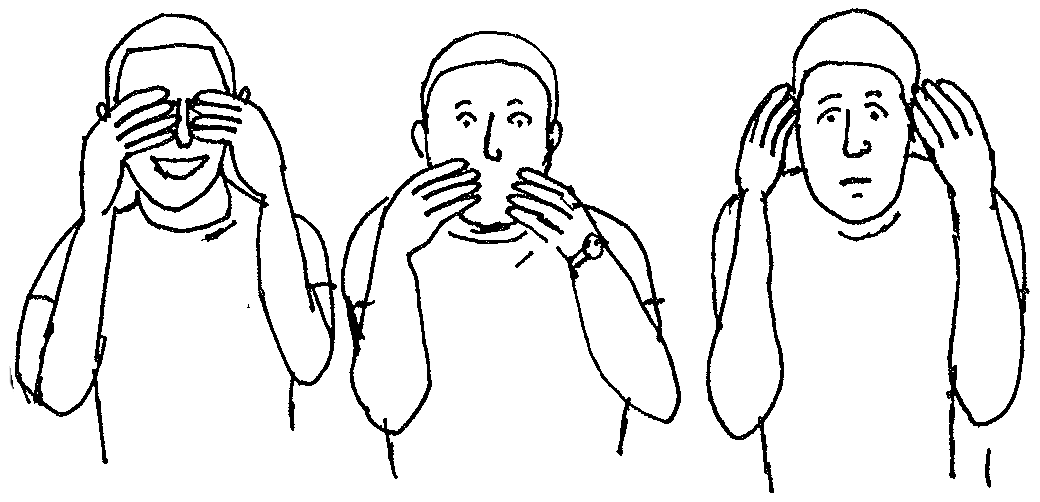Twitter, it seems, has an uncanny ability to stay in the news. Last week, Elon Musk opened the archives, making public the internal decision-making that led the social-media giant to censor the Hunter Biden laptop story ahead of the 2020 election.
In the so-called #TwitterFiles, we see a Jack Dorsey with seemingly very little oversight or control, often being informed about a policy or decision after it had already been implemented. We also see how ad hoc and informal the structures of power really are: Silencing a bit of news is all about knowing someone at Twitter, and the way in which executives and managers cycle back and forth between government positions and the private economy ensures this sort of collaboration becomes routine.
The reactions have been interesting to behold. Matt Taibbi, the journalist entrusted with much of this information, has been widely denounced by other journalists. Some of this is motivated by professional jealousy. But on a deeper level, his critics are expressing the same anger felt by the crowd when the child proclaims that the emperor is naked. Of course, all the adults can see that he is, but someone else pointing it out makes them look foolish.
Sometimes, it only takes a bit of dissent to make the difference. Everyone in leadership positions inside the Soviet Union knew very well how insane and bloodthirsty the purges under Stalin had been. But the shock of Kruschev’s “secret speech,” in which these horrors were first officially acknowledged, still triggered several heart attacks in the audience. For purposes of legitimacy, it makes a difference whether this kind of institutional censorship is an open secret, or an officially acknowledged fact. The anger at Taibbi for telling people what they already knew to be true is in this way akin to the horror at Kruschev for revealing facts about the Soviet Union that everybody had been acutely aware of for years.
Censorship is often presented as a threat that will bring about some sort of dystopia, a world where freedom and the flow of information have been rendered extinct. But this is an almost catastrophically naive view, because it uncritically accepts the idea that censorship works as advertised. In this telling, the people at the FBI, NSA, and CIA are god-men capable of freezing the flow of history and arresting social change and dissent at the mere press of a button, so long as Congress doesn’t slash their budget for the next fiscal year. That most dead and buried regimes throughout history have had their own secret police—their own Okhranas, their own Chekas, their own Stasi—is thus erased from the picture.
In many ways, the recent history of American politics is in a history of the failure of censorship. The examples are legion. Consider the question of electoral integrity. Since Election Night 2020, all prestige media channels have been blasting out the message that everything was normal and above board, and that people who believe otherwise are crazy and dangerous. Going against this narrative has been grounds for having one’s social-media accounts shut down.
Has this titanic effort been successful so far? Not in the least. Sixty percent of Republicans think the last election was stolen. The machinery of information control has failed spectacularly. Far from getting closer to 1984 with each passing year, we are living in a society where the elites are simply unable to control what people believe.
In the case of vaccines, the failure of information control has resulted in dramatic wildcat strikes, social upheaval, occupation of city centers, and an incredibly serious, slow-rolling collapse in recruitment and retention for the US military. Yet the idea that we must “Trust the Science” goes unquestioned in elite quarters, even as it fails to persuade people outside them.
“The elite simply refuses to acknowledge certain realities.”
Indeed, it is this dynamic that is the true danger of modern Western censorship. The problem isn’t so much that our elite controls what the populace thinks, but that the elite simply refuses to acknowledge certain realities. Recent campaigns of censorship and information control are reminiscent of nothing so much as a young child who lacks a pain response. At first blush, not feeling any pain seems like a true blessing. Pain is, after all, quite unpleasant. However, pain is also necessary for survival. It is pain that tells us to remove our hands from the hot stovetop before our hand is destroyed. A child who feels no pain won’t survive very long.
The same principle holds true for the rulers of a nation. During the last days of the Romanov dynasty, Tsar Nicholas II and his wife had had enough of the ungrateful Russian people, shut themselves off from the world, and only read a highly curated correspondence from the outside. They were busy creating an impenetrable bubble that kept them from seeing that their country was falling apart, and that their hold on the throne was actually being stolen from under them. That is the real danger of censorship, which has kept America’s rulers from noticing that the country is tearing apart at the seams.
